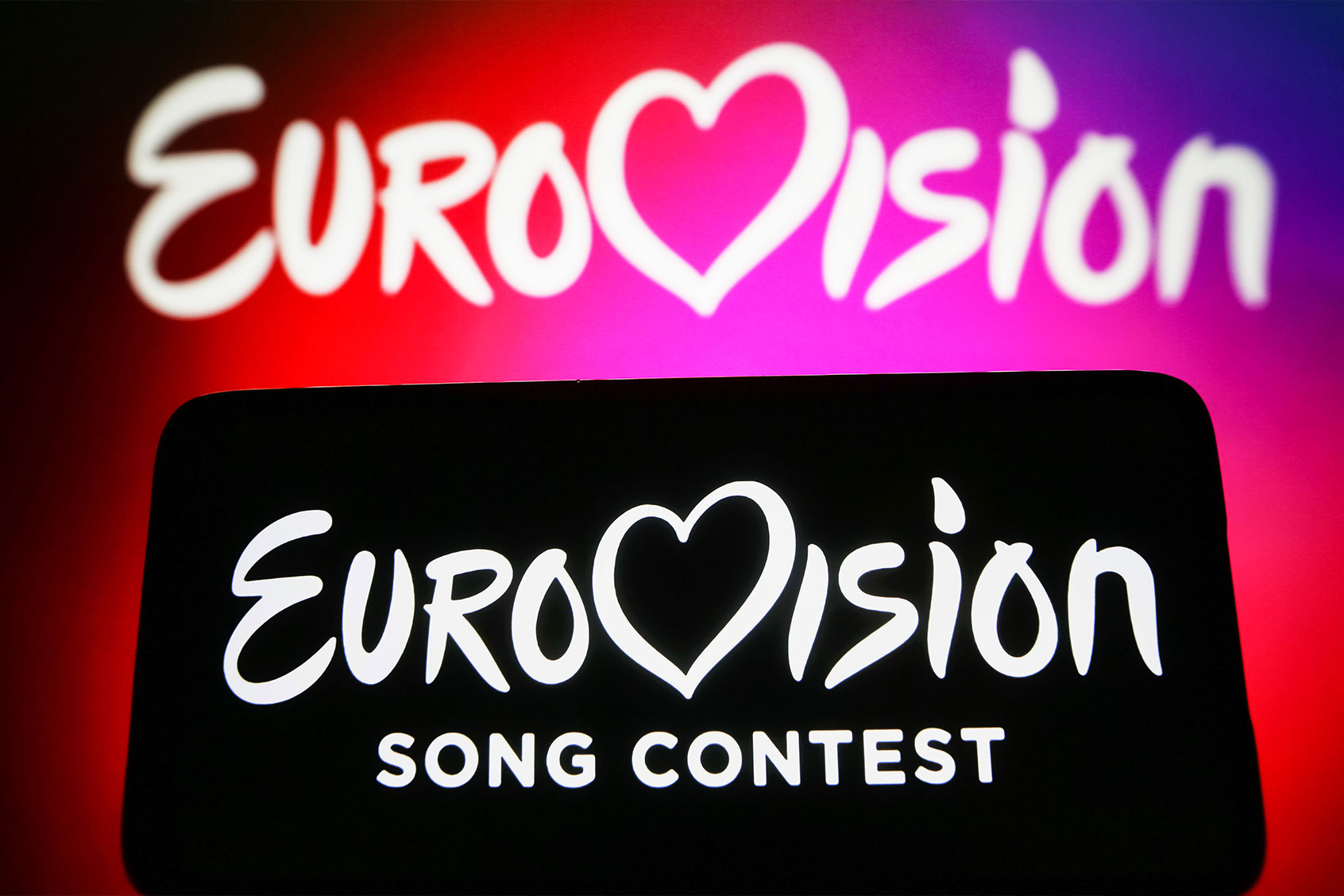The European Broadcasting Union (EBU) announced Thursday that Israel can compete in this year’s Eurovision song contest, despite worldwide calls urging the union to exclude Israel from this year’s showcase over the Gaza conflict.
“The Eurovision song contest is a non-political music event and a competition between public service broadcasters who are members of the EBU. It is not a contest between governments,” the EBU director general, Noel Curran, said in a statement, per Guardian.
“Our governing bodies . . . did review the participants list for the 2024 contest and agreed that the Israeli public broadcaster Kan met all the competition rules for this year and can participate, as it has for the past 50 years.”
Israel is slated to take part in the second semi-final on May 9. This will be the nation’s 46th competition since its first entry in 1973.
In anticipation of the EBU’s decision, 400 Hollywood celebrities and industry executives penned an open letter supporting Israel’s inclusion. Signatories include actors Emmy Rossum, Helen Mirren, Mayim Bialik, Ginnifer Goodwin and Liev Schreiber, among hundreds of others. Industry figures include Saban CEO Haim Saban, Recording Academy CEO Harvey Mason Jr, Mattel CEO Ynon Kreiz and WME partner David Levy. Record executive Scooter Braun, KISS frontman Gene Simmons and Culture Club lead singer Boy George also offered their signatures.
According to Variety, the letter, organized by the non-profit organization Creative Community For Peace, states: “We believe that unifying events such as singing competitions are crucial to help bridge our cultural divides and unite people of all backgrounds through their shared love of music.
“Those who are calling for Israel’s exclusion are subverting the spirit of the Contest and turning it from a celebration of unity into a tool of politics.”
Earlier this month, more than 400 Danish artists signed a petition condemning Israel’s participation in Eurovision 2024, stating, “When Israel’s failure to comply with international law and order has no consequences, war crimes, occupation, and blockade are normalized.
“We believe that the EBU and all member states contribute to this normalization by allowing Israel to participate in this year’s Eurovision,” the petition continued. “We cannot be passive and watch as a country that commits gross war crimes against an imprisoned people is invited to a joint celebration of music, diversity, and cohesion.”
Slovenian members of the European Parliament (MEPs), Matjaž Nemec and Irena Joveva, also stood up against Israel's participation. Same with protestors in Norway, who called on the Norwegian Broadcasting Corporation (NRK) to boycott the event. NRK, in a statement, said they “cannot call for a cultural boycott.”
“It's not part of our broadcasting remit, it would be totally impossible for us," the company added.
Want a daily wrap-up of all the news and commentary Salon has to offer? Subscribe to our morning newsletter, Crash Course.
In January, more than 1,400 members of the Finnish music community called for a ban due to Israel’s “war crimes” in the midst of a months-long attack against Palestine. Their efforts came after a group of Icelandic musicians demanded last year that Iceland boycott Eurovision if Israel took part.
“Music is a place for unity not division,” Scooter Braun said in a statement. “It is a language that should always bring us together. Artists should never be discriminated against for who they are, who they love, or where they’re born. These boycott efforts do nothing but distract from the uplifting and unifying power of music — something we need now more than ever.”
In contrast, this is what happened in the wake of the Russian invasion of Ukraine. On Feb. 24, 2022, the EBU said including a Russian entry in that year’s contest “would bring the competition into disrepute.”
The decision was “based on the rules of the event and the values of the EBU,” it said at the time.
In light of the EBU’s most recent decision, Curran told The Guardian that it was not the EBU’s place to make comparisons between wars.
Following the Oct. 7 attacks — which has killed more than 28,000 Palestinians — Israeli forces have raided Gaza’s local hospitals. By the end of November, 30 of Gaza’s 36 hospitals were hit by Israeli rockets, Al Jazeera reported. Currently, only six of Gaza’s hospitals remain functional.
Read more
about Palestine:

